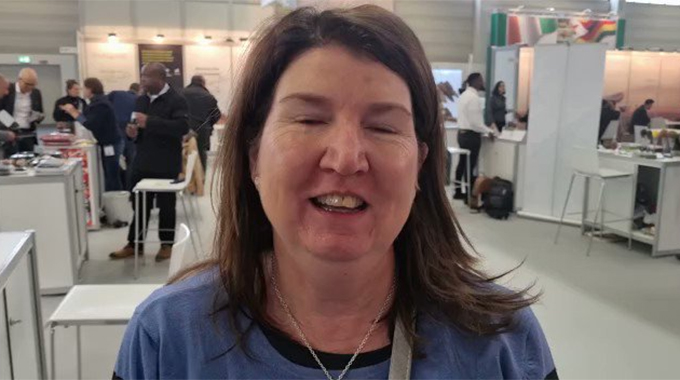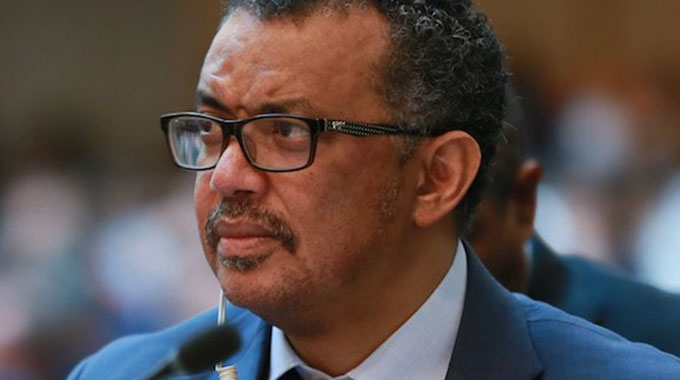US$30m horticulture fund idle, farmers cite stiff terms

Edgar Vhera-Agriculture Specialist Writer
IT’S almost five months after the Government launched the US$30 million Horticulture Export Revolving Fund (HERF) but farmers have remained reluctant to take up loans citing stiff borrowing terms by banks, the Horticultural Development Council (HDC) has revealed.
HDC chief executive officer Mrs Linda Nielsen yesterday bemoaned the slow pace of the disbursement of the fund by the participating banks saying the financial institutions were expecting farmers to meet a number of requirements before they could access the fund.
“The disbursement of the fund has started on a slow pace as banks have various requirements that beneficiaries need to satisfy. Farmers need to prove their export status through submission of customs declaration forms (CD1), which are used when exporting. This requirement automatically excludes new exporters – the very sector that we want to develop,” said Mrs Nielsen.
Mrs Nielsen also said farmers were not comfortable with high interest rates banks were demanding and the short tenure loans yet banks need brick-and-mortar collateral. She, however, said industry and Government were in dialogue with commercial banks to try and unlock access to these funds and come up with amicable solutions.
Meanwhile NMB business banking head, Mr Erasmus Bhunu revealed that they had started disbursing the funds in January this year.
“We started disbursing the fund two weeks ago and since it is a global fund administered by various banks, NMB is only administering US$6 million. For transparency, and in order that the funds go into the hands of the right people we are working in collaboration with Ministries of Finance and Agriculture.
“The money is still there and we encourage farmers to apply,” said Mr Bhunu.
Mr Bhunu said the loan application time was about 30 days, as it involved the three parties.
“We do our vetting, conduct farm visits and recommend to the Ministry of Agriculture. Ministry of Agriculture also does its verification exercise by conducting farm visits and forwarding the same to Finance Ministry to enable disbursement,” added Mr Bhunu.
Mr Bhunu revealed that interest rates were obviously different from bank to bank and dependent on client’s credit risk profile. He said that the loan was for both short and long-term financing.
“The loan goes up to two years on capital expenditure (CAPEX) while working capital is cycle-based with funding for activities such as land preparation, inputs, planting, harvesting, marketing and others. The targeted beneficiaries are horticulture exporting farmers,” continued Mr Bhunu.
AFC is the other participating bank lending and also monitoring the facility performance for the provision of working capital and capital expenditure requirements for horticultural exporters.
AFC Holdings group head strategy, marketing and corporate communications, Ms Caroline Mozhendi said the facility was available for a period of up to 12 months for working capital and three years for capital expenditure (CAPEX).
“The repayment terms for working capital are either quarterly or bi-annually depending on the client’s cash flow. For CAPEX it will be through quarterly instalments subject to a reasonable capital grace period.
“AFC is administering US$6, 5 million of the funds and to date the bank has approved loans worth over US$1, 5 million,” said Ms Mozhendi.
Ms Mozhendi further disclosed that the approved applications were for funding blueberries and fine beans, while other applications under consideration were for macadamia nuts and avocado production.
She disclosed that as the funds were still available, clients who wished to access the facility should approach their nationwide bank network and submit their application letters for consideration.
The Government launched the US$30 HERF in September last year to enhance the horticulture sector’s contribution to the growth of the country’s export earnings and economic development.
Finance and Economic Development Minister Professor Mthuli Ncube said the fund had the potential to close the funding gap and spearhead increased productivity as well as finance bankable projects with a focus on value addition.











Comments